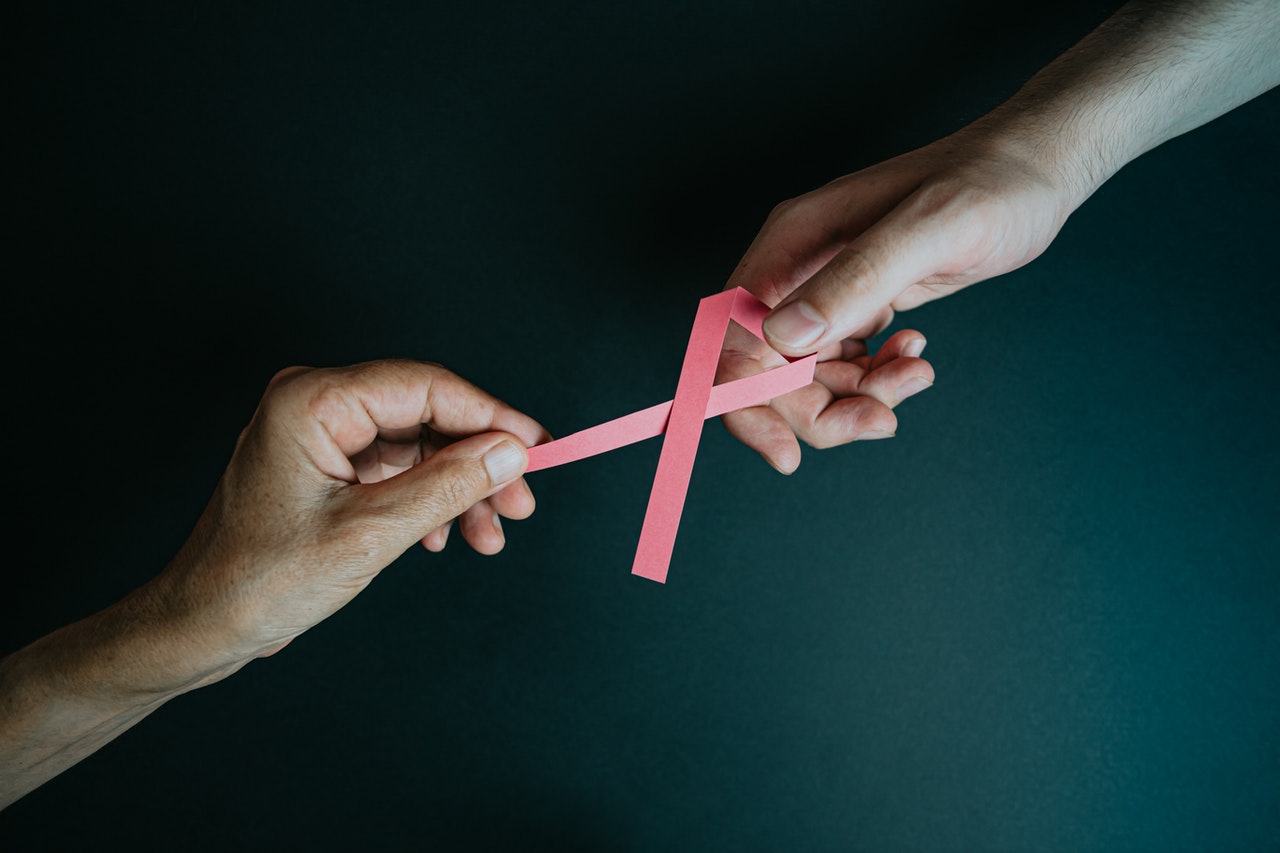Screening for Breast Cancer
Dr. Derria Cornwall

Frequently Asked Questions
What is screening for breast cancer?
Screening for breast cancer is looking for signs of this disease in all women, even if they have no symptoms of it.
Why should I screen?
You should screen because this allows you to detect cancers EARLY and start treatment EARLY in the course of the disease, possibly before it has spread. Breast cancers which are caught early are easier to treat and have a better chance of being cured than breast cancers which are caught late. Early detection equals longer life.
Does screening for breast cancer mean that I have cancer?
Screening for breast cancer is done by doing regular mammograms, which are special X-rays of the breasts. Mammograms can allow doctors to see breast cancer before there are any symptoms of the disease. This type of mammogram, a screening mammogram, can also detect lumps that are too small to be felt. Mammograms can also detect tiny deposits of calcium, called micro-calcifications, which may show that a cancer is present.
At what age should I start doing screening mammogram?
There has been no general agreement in the medical fraternity on the ideal age to begin screening mammograms, particularly for women between 40 – 49 years. Some of the initial studies (randomized clinical trials) done to assess the benefits of doing screening mammograms showed limited benefits in the 40 – 49 age group, while other studies and meta-analyses done later showed significant benefits to screening this age group. The studies from which most of these controversies arise, were based mainly on Caucasian (white) women not African (black) women.
A number of other studies have suggested that there are epidemiological differences between breast cancers among black and white women. Specifically, women of African descent tend to have more aggressive cancers at a younger (premenopausal) age when compared to white women. Since ninety-one per cent of the population of Jamaica is of West African descent, doctors recommend that Jamaican women begin screening at age 40.
How often should I screen?
Put simply, you should do a screening mammogram every year and continue for as long as you are in good health.
Do I need to see my doctor first or get a doctor’s referral to do a mammogram?
Once you have reached the age of 40 you do not need to have a doctor’s referral or permission from a doctor to have a mammogram done. You can refer yourself (self-referral) for the mammogram and then take the results to your doctor. If you are younger than 40 and have a problem with your breasts or any risk factor (s) for breast cancer, you need to see your doctor. If a mammogram is needed your doctor will write a referral form for you.
Where can women get mammograms in Jamaica?
In Jamaica, the only places where women can get mammograms are:
- The Jamaica Cancer Society and
- private X-ray facilities.
The Jamaica Cancer Society also operates mobile screening clinics through their mobile van.
How do I prepare for a mammogram?
To prepare for a mammogram:
- Schedule the test for a time when your breasts are least likely to be tender. Some premenopausal women experience tenderness to the breasts, especially the week before and the week during their menstrual period. If you are one of these women, then schedule your mammogram the week after your menstrual period. Your breasts are least likely to be tender during this time.
- Take your prior mammogram images along with you. If you have done mammograms before and you are going to a new facility to do your mammogram, you should borrow those mammogram CDs or films (pictures) and bring them with you to the new facility on the day of your test. If you cannot get the CD or films, bring a list of where and when you had these previous mammograms and a copy of the report (s).
- On the day of your examination DO NOT use talcum powder, deodorant, antiperspirants, lotions, creams or perfumes under your arms or on your breasts. Mineral particles in powders and deodorants can be visible on your mammogram and cause confusion.
- Consider an over-the-counter pain medication if you find that having a mammogram is very uncomfortable. Taking over-the-counter pain medications, such as aspirin, acetaminophen (Tylenol, others) or ibuprofen (Advil, others) about an hour before your mammogram might ease the discomfort of the test.
- If possible, wear a two-piece outfit to simplify undressing for the mammogram.
- You DO NOT have to fast or observe any special dietary rules on the days before the mammogram or on the morning of the mammogram. Some women experience breast tenderness when they consume caffeine-containing products such as coffee, chocolate and cola. This breast tenderness may make your mammogram more uncomfortable. If you are sensitive to caffeine in this way, you may choose to stop caffeine-use for two weeks before the test.
Derria Cornwall, MBBS, DM Rad.
She is the president of the Jamaica Association of Radiologists and a consultant radiologist.
